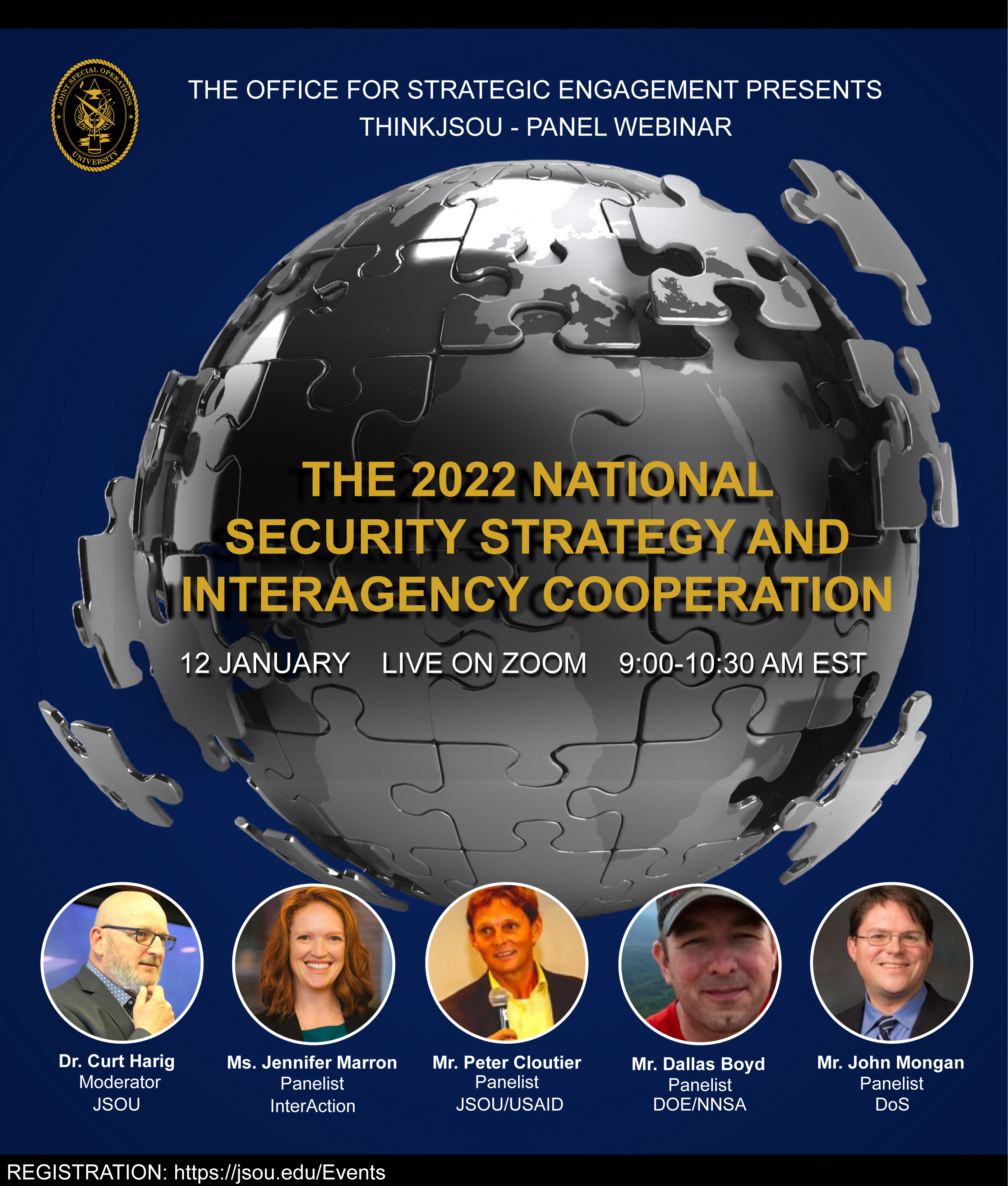About JSOU
Popular Resources
Upcoming Courses
*Continuous Learning (CL) courses are not shownCountering Weapons of Mass Destruction Foundations Course
USSOCOM Staff Education Program Foundations
Cyberspace and Special Operations Forces
Recent Publications
Navigating the Transition: The Role of Purpose, Tribe, and Excitement for U.S. Special Operations Forces Veterans
SOF Effectiveness in Strategic Competition: Insights for West Africa and Beyond
Narrative Intelligence in Internet-Based Military Information Support Operations: A Cyberpsychology Perspective Under the Irregular Warfare Construct
About JSOU
Popular Resources
Upcoming Courses
*Continuous Learning (CL) courses are not shownCountering Weapons of Mass Destruction Foundations Course
USSOCOM Staff Education Program Foundations
Cyberspace and Special Operations Forces
Recent Publications
Navigating the Transition: The Role of Purpose, Tribe, and Excitement for U.S. Special Operations Forces Veterans
SOF Effectiveness in Strategic Competition: Insights for West Africa and Beyond
Narrative Intelligence in Internet-Based Military Information Support Operations: A Cyberpsychology Perspective Under the Irregular Warfare Construct
About this event
On 12 January 2023 the Joint Special Operations University Office for Strategic Engagement hosted a virtual ThinkJSOU panel, concentrating on the 2022 National Security Strategy and interagency cooperation. Dr. Curt Harig, JSOU faculty, served as moderator, facilitating a discussion between four interagency panelists with the intent of analyzing and evaluating agency-specific approaches to gray zone conflict, factors that make interagency cooperation difficult for integrative statecraft planning, and an exploration into how special operations can partner in the interagency.
Moderator: Dr. Curt Harig, Professor of JIIM-C Studies, JSOU
Panelist: Ms. Jennifer Marron, Senior Director, Public Policy and Government Affairs, InterAction
Panelist: Mr. Peter Cloutier, Professor for Development and Human Security, JSOU / Foreign Service Officer, U.S. Agency for International Development
Panelist: Mr. John Mongan, Senior Stabilization Advisor, Bureau of Conflict and Stabilization Operations, U.S. State Department
Panelist: Mr. Dallas Boyd, Senior Advisor, National Nuclear Security Agency Office of Counterterrorism and Counterproliferation
Recommended Reading: The 2022 National Security Strategy
Books cited in this panel: The Enduring Struggle: The History of the U.S. Agency for International Development and America’s Uneasy Transformation of the World by John Norris
Interagency Mission Overviews
U.S. Agency for International Development (USAID): USAID has missions in over 100 countries, primarily in Africa, Asia, Latin America, the Middle East, and Eastern Europe. USAID's mission statement, adopted in February 2018, is: "On behalf of the American people, USAID promotes and demonstrates democratic values abroad, and advance a free, peaceful, and prosperous world.”
InterAction: Founded in 1984, InterAction is the largest alliance of international NGOs in the United States. InterAction’s mission is to serve as a convener, thought leader, and voice for NGOs working to eliminate extreme poverty, strengthen human rights and citizen participation, safeguard a sustainable planet, promote peace, and ensure dignity for all people.
Department of Energy (DOE): The mission of the DOE is to ensure America’s security and prosperity by addressing its energy, environmental and nuclear challenges through transformative science and technology solutions. Catalyze the timely, material, and efficient transformation of the nation’s energy system and secure U.S. leadership in energy technologies.
National Nuclear Security Administration (NNSA): The NNSA is a semi-autonomous agency within the DOE responsible for enhancing national security through the military application of nuclear science. NNSA maintains and enhances the safety, security, and effectiveness of the U.S. nuclear weapons stockpile; works to reduce the global danger from weapons of mass destruction; provides the U.S. Navy with safe and militarily effective nuclear propulsion; and responds to nuclear and radiological emergencies in the United States and abroad.
U.S. Department of State (DoS): The mission of the DoS is to protect and promote U.S. security, prosperity, and democratic values and shape an international environment in which all Americans can thrive.
For more information follow us on our website and social media platforms
Website: https://jsou.edu/
LinkedIn: https://www.linkedin.com/company/thin...
Twitter: https://twitter.com/THINKJSOU
Facebook: https://www.facebook.com/ThinkJSOU/
YouTube: https://www.youtube.com/c/ThinkJSOU
The views and opinions expressed here are those of the participants and do not necessarily reflect the views or opinions of the United States Government, Department of Defense, The State Department, The Department of Energy, The National Nuclear Security Administration, United States Special Operations Command, The United States Agency for International Development, Joint Special Operations University, or InterAction.
If you have any questions, please contact ThinkJSOU@jsou.edu
Nothing to show yet.
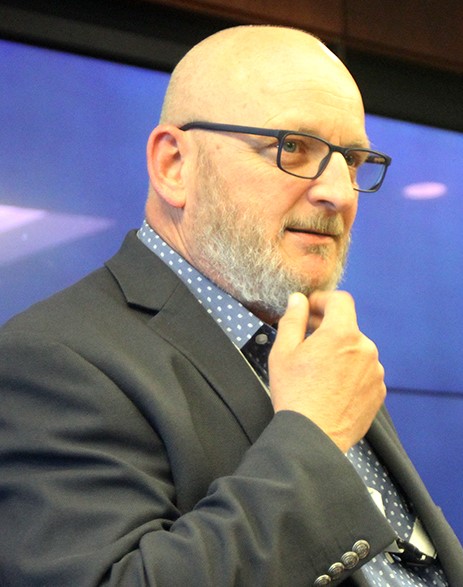
Curt Harig
Dr.
Curt R. Harig retired from active duty in 2007 after 24.5 years of service as a
Special Forces Chief Warrant Officer 4.
He joined Joint Special Operations University (JSOU) in May 2010 and
serves as a Professor of JIIM-C Studies and the Interagency Program Manager
within the Department of International & JIIM-C Education & Engagement.
He previously served as the Director, Center for Advanced SOF Studies in the
Department of SOF Education. Dr. Harig is currently the Course Manager for both
the SOF Interagency Collaboration Course and the Countering Terrorist Networks
Interagency Seminar.
Dr.
Harig’s military service includes assignments with the 3rd Special
Forces Group (Airborne), 5th Special Forces Group (Airborne), the 1st
Special Warfare Training Group (Airborne), Special Operations Command Europe
(SOCEUR), and Special Operations Command Central (SOCCENT). Dr. Harig has served in Operations and
Military Training events throughout sub-Saharan Africa, Southwest Asia, the Caribbean,
and the Persian Gulf.
Upon
retirement from the Army, Dr. Harig established a defense contracting firm to
design counterterrorism and special operations training facilities. Between 2007 and 2010, he provided services
to Department of Defense and foreign clients in Egypt, Saudi Arabia, United
Arab Emirates, Qatar and the Hashemite Kingdom of Jordan. His company was the principle technical
expert in the design of the King Abdullah II Special Operations Training Center
(KASOTC).
Dr.
Harig holds a Doctor of Education in Educational Leadership and Management
(EdD) and a Master of Science in Human Services with a specialization in
Counseling Studies from Capella University.
He is a Certified Higher Education Professional (CHEP) in Teaching, Online
Teaching, and Leadership with the National Association of State Administrators
and Supervisors of Private Schools; and JSOU Master Instructor. He is married
to the former Susan Walker of Dutton, MI.
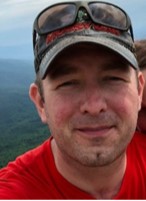
Dallas Boyd
Dallas Boyd serves
as a Senior Advisor in the National Nuclear Security Administration’s (NNSA)
Office of Counterterrorism and Counterproliferation. From 2017-2018, he was the Director for
Countering Nuclear Terrorism on the National Security Council staff. Previously, Boyd served as a Strategic Communications Adviser to the NNSA Administrator. Additional experience includes support to the
Defense Threat Reduction Agency, USSTRATCOM’s Strategic Deterrence Assessment
Laboratory, and the DoD Office of Nuclear Matters. Boyd also served as
Communications Director for a Member of the U.S. House of Representatives. He holds a B.A. in History from The Citadel
and a Master of Public Policy degree from the Harvard Kennedy School. Boyd’s
writings have been published in the National Interest, Nonproliferation Review, Bulletin of the Atomic Scientists, Strategic Studies Quarterly, Studies in Conflict and Terrorism, Washington Quarterly, Homeland Security Affairs, and Motorcyclist.
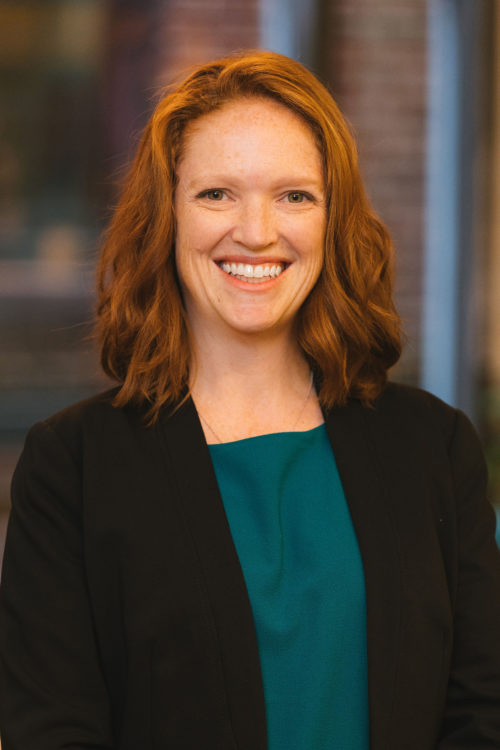
Jennifer Marron
Jenny Marron joined InterAction in September
2019. As InterAction's Senior Director of Public Policy and Government
Affairs, Jenny leads the team that shapes and coordinates coalition policy and
advocacy efforts related to the U.S. government. A seasoned expert on
conflict and fragility with over a decade of experience in strategic thinking
and problem-solving in foreign affairs, Marron previously served as the White
House National Security Council’s (NSC) Director for Syria in 2016 and most
recently as the Deputy Office Director of Advanced Analytics in the Bureau of
Conflict and Stabilization Operations at the U.S. Department of State.
While with the NSC, she provided senior officials with analysis and policy
recommendations on critical security developments affecting Syria and
coordinated decision-making processes among federal agencies to reduce violence
and support negotiations, humanitarian response, and stabilization. At the
State Department, she managed multiple teams and oversaw the launch of a new
instability monitoring and analysis platform to aid decision-making in complex
environments. Jennifer holds a Bachelor of Arts in Political Science from
Duke University and a Master of Arts in Law and Diplomacy from the Fletcher
School of Law and Diplomacy at Tufts University.
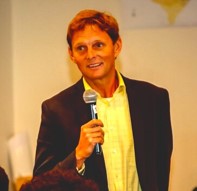
Peter Cloutier
Peter Cloutier is
the Joint Special Operations University Professor for Development and Human
Security. He is a career Foreign Service Officer in the United States
Agency for International Development (USAID) having served as Office Director
for programs in Afghanistan, Mozambique, Angola and Timor-Leste (East Timor).
He has devoted much of his Foreign Service career to developing innovative
strategies and advancing interagency partnerships in a range of technical
fields. He is a successful and skilled negotiator with host country
governments, in sector coordination bodies, and within the interagency. He has
a track record for leading teams to achieve ambitious results in multiple
technical areas. He is an accomplished writer and presenter, as evidenced by
authoring a USAID country strategy and presenting numerous interagency
proposals and presentations to senior USG decision makers. With nearly 20 years
overseas, he has demonstrated consistent leadership, accountability and impact.
USAID has recognized his sustained performance with three
Superior Honor Awards as a result.
